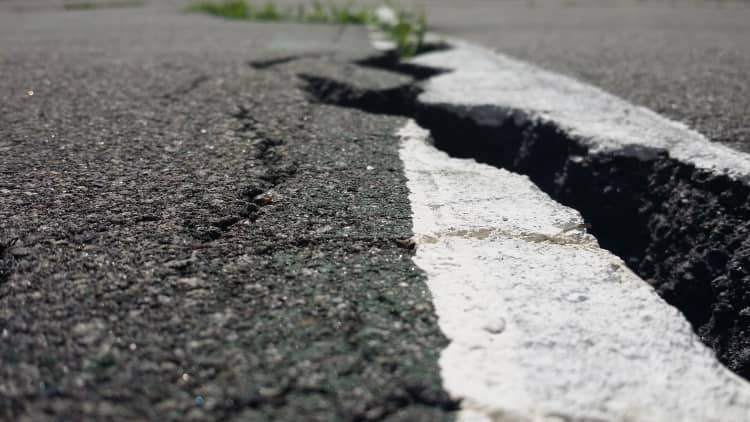GP: JPMorgan office
S3studio | News from Getty Images | Getty Images
SINGAPORE — Banks must prioritize consumer protection as they begin experimenting with digital assets, said Umar Farooq, chief executive officer of JPMorgan’s blockchain unit Onyx.
Many blockchain projects and other crypto protocols have the potential to make financial services more efficient, accessible, and affordable. But without proper precautions, they could also expose customers to cybersecurity risks.
Hacks and scams have hit many crypto investors in the past few months. For example, crypto exchange Binance was hit by a $570 million hack in October, and Deribit lost $28 million in a hot wallet hack this month.
“What a bank needs to do from a regulatory perspective and from a customer perspective is we need to protect our customers. We must not lose their money,” Farooq said during a panel at the Singapore Fintech Festival 2022 on Wednesday.
“I think you need some sort of identity solution or know-your-customer solution that validates who the interacting human is and what they’re allowed to do. Because without that, you just don’t get work in the long run,” he added in an interview with CNBC.
Read more about technology and crypto from CNBC Pro
Farooq explained that JPMorgan uses a solution called verifiable credentials stored in the client’s blockchain wallet. When the customer goes to a protocol to trade, the protocol validates the credential.
“I can’t foresee that people can send money across borders if nobody checks and nobody knows who is sending money to whom because sooner or later they will get into a money laundering incident,” Farooq said.
“So those are the very basic things that need to be addressed before you even get to systematic problems. Education, protection and identity must be in place,” he added.
Project Guardian Industrial Pilot
Farooq and Onyx have addressed some of these security and verification issues as part of Project Guardian, an industry pilot announced by the Monetary Authority of Singapore in May.
“It was very, very difficult,” Farooq said during the panel.
In the pilot project, DBS Bank, JPMorgan and SBI Digital Asset Holdings executed transactions with tokenized foreign exchange and government bonds. When a financial asset is tokenized, its ownership rights are converted into digital tokens. It allows financial transactions such as borrowing and lending to be performed autonomously on a blockchain without the need for intermediaries.
“It was the first time we had token deposits. In fact, I think it’s the first time a bank in the world has tokenized wallets on a public blockchain,” Farooq said in an interview with CNBC.
“Using public blockchain, we had to spend a lot of time thinking about identity. We did a lot of audits of smart contracts because they were in turn publicly visible. And finally, a protocol was used to realize everything, in fact, much management of the risks. All of these were firsts for us,” he said.















